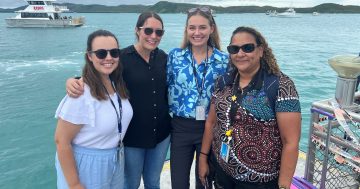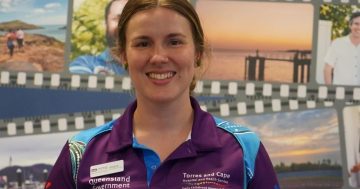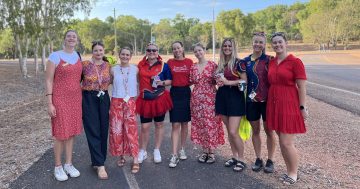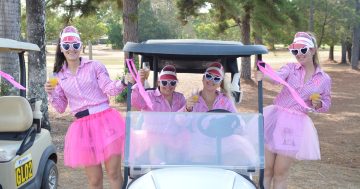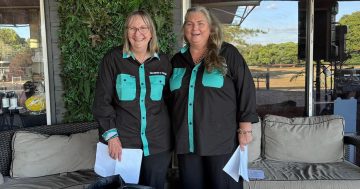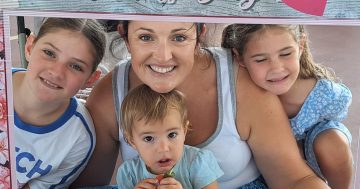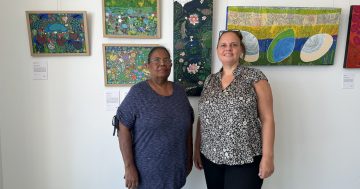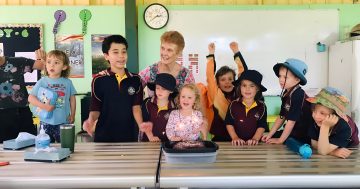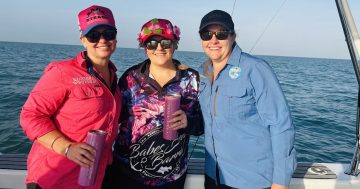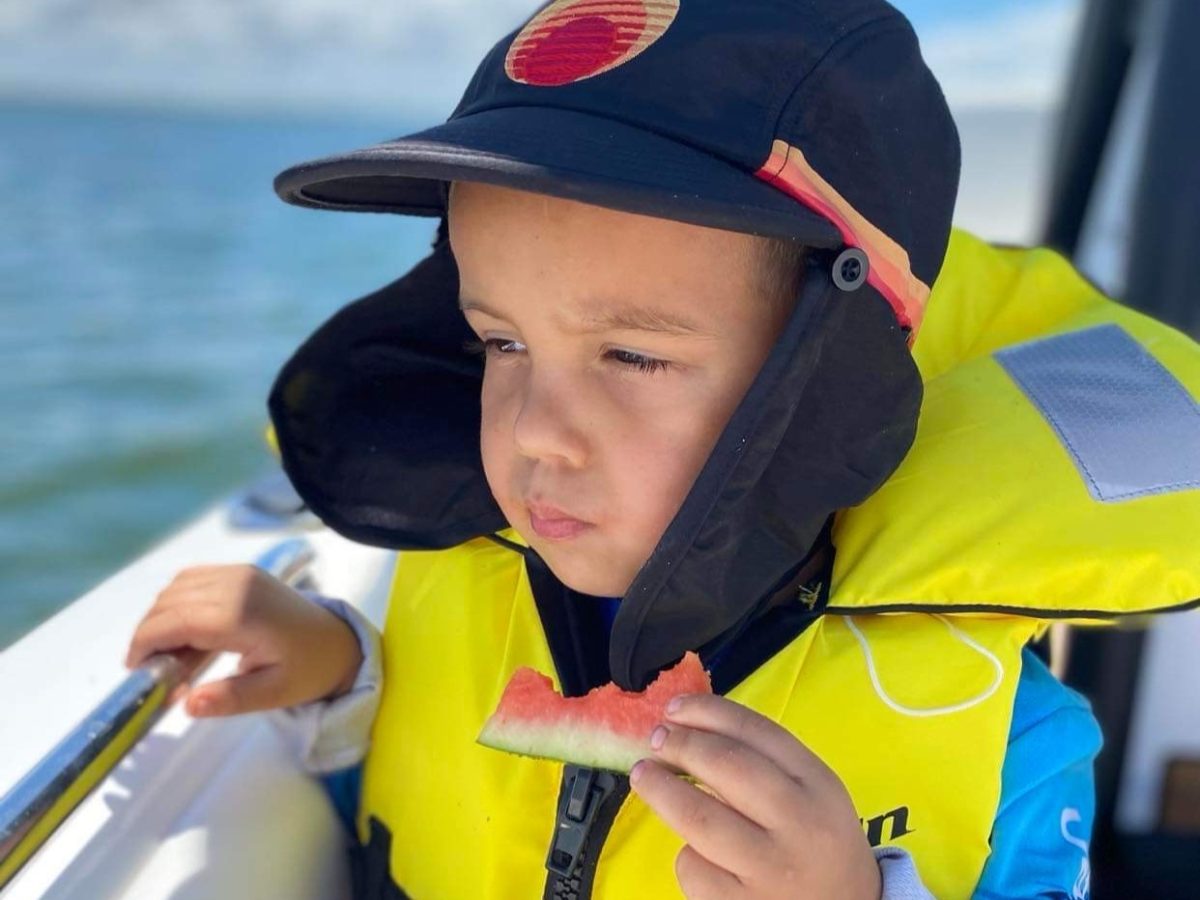
Three-year-old Weipa resident Donald Sabatino was recently diagnosed with autism and is non-verbal. Photo: Supplied.
Juggling two young kids is not an easy task for any parent, but when one is a neurodivergent child being raised in a neurotypical world, navigating the needs for both proves to be an extra challenge.
Three-year-old Donald Sabatino was recently diagnosed with non-verbal autism when his family moved to Weipa a little under a year ago from the tiny West Australian town of Paraburdoo.
With World Autism Awareness Day last week, mum Claire Sabatino said she hoped her sons grow up in a world that teaches children to be inclusive and open, and that values difference.
Ms Sabatino said the family was in the process of getting a diagnosis in Western Australia, but decided to move because access to support was so limited.
“We couldn’t get any therapy there at all, and no support for Donald,” she said.
“We couldn’t get into a paediatrician and we were driving about five-and-a-half hours to get speech therapy.”
In Weipa, Donald has been able to see a paediatrician and occupational therapist and, previously, a speech therapist.
“We did used to have speech therapy privately up here as well, but unfortunately, our speech therapist left, which left us in a bit of a harder spot,” Ms Sabatino said.
“We tried to do speech online, but it didn’t really work, so we’re currently about to join the waitlist for the visiting speech pathologist through the hospital.
“I guess the access to some therapies can be a little more challenging and probably the variety is not there as much as other places, but what we have found is that those that are here are incredibly welcoming and caring.”
For the Sabatino family, Weipa has been the perfect balance of support for Donald and everything they love about living in a small town.
“We love living in this environment, because I think small town people are more welcoming and more open to helping you,” Ms Sabatino said.
“Even things like going to the supermarket, Donald can sometimes have challenges with understanding that we have to wait and things like that, and the people in the supermarket and those that work there are always so helpful and patient, which is really nice when you’re on your own with a child that has special needs.”
She said the community-mindedness was especially appreciated when either she or her husband had both sons in their care by themselves.
“Edward is 15 months old and he’s talking and pointing and understanding things, and Donald hasn’t made those milestones yet, so it is challenging having two kids with very different needs,” Ms Sabatino explained.
Just like any other child his age, Donald loves to play, and Ms Sabatino said she did wish public facilities for kids in Weipa were more inclusive.
“One of the things Donald has with his autism is he does something called eloping, which is basically like right away with no fear and no sense of what’s happening around him; he’ll just take off and run,” Ms Sabatino said.
“The parks here are all quite close to the road and we don’t have any fenced parks, so sometimes taking our kids to the park can be quite stressful, because you’re always trying to make sure he doesn’t run off onto the road.
“Unless you have a child with a disability, you’re probably not thinking about those things.”
Ms Sabatino said despite the challenges, she was confident her kids would grow up in a kind and loving world.
“We do often think about the future for Donald, but I think it’s going to be OK; we live in a society where there is a lot more autism awareness in general, which is fantastic,” she said.
“We’re very much of the belief of teaching Edward that all brains are beautiful and Donald has his own strength, just like he does, and I hope other parents will take the time to teach their children that, too.
In raising two kids, one autistic and one not, Ms Sabatino said one of the most important things was to ensure Edward felt just as loved and important as his brother.
“We’re really conscientious as well that, as Edward gets bigger, he gets his special time as well; obviously there are things that Donald needs that require a lot of attention,” she said.
“I feel confident that both my kids are going to be able to thrive here.”
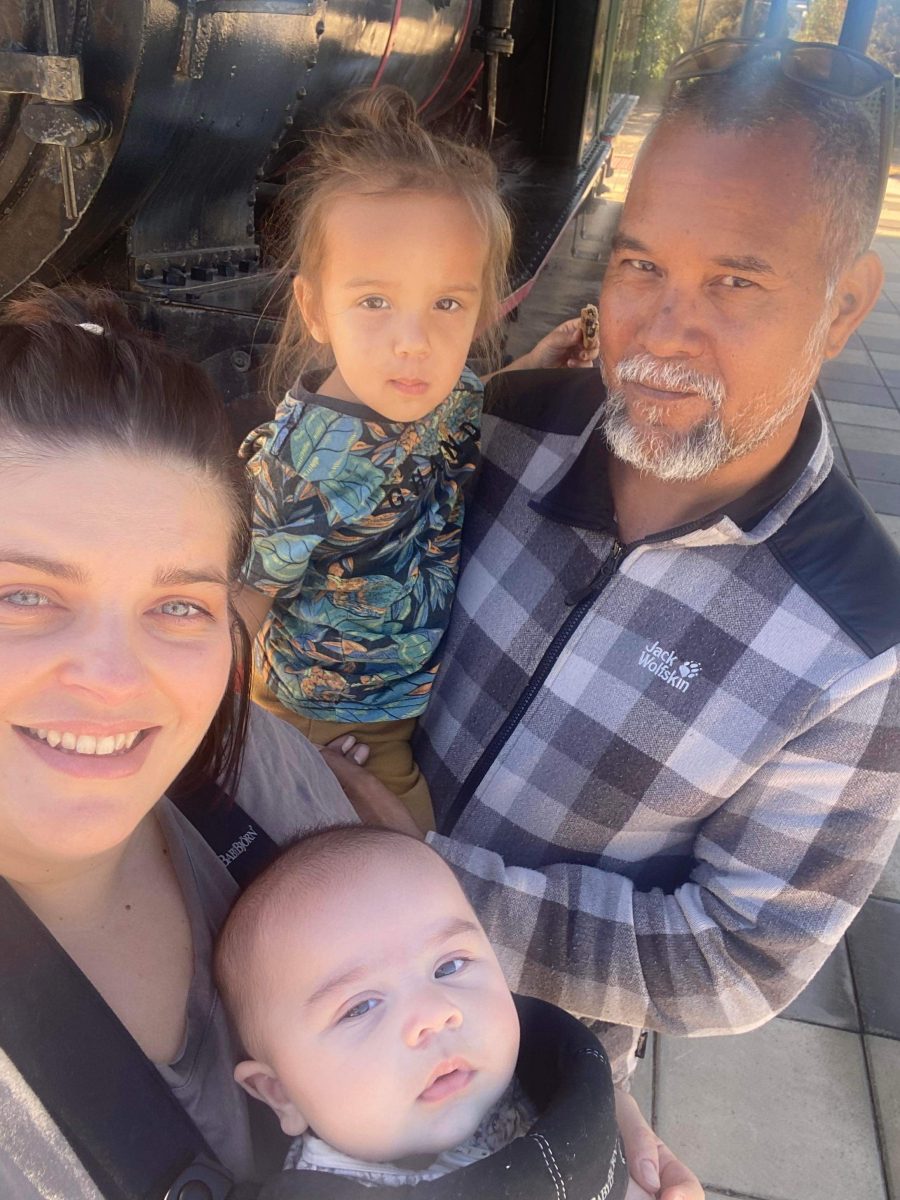
The Sabatino family moved to Weipa after having no access to autism support in their Western Australian hometown. Photo: Supplied.


